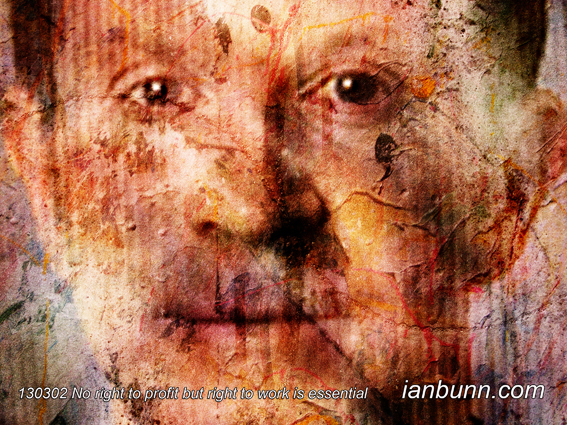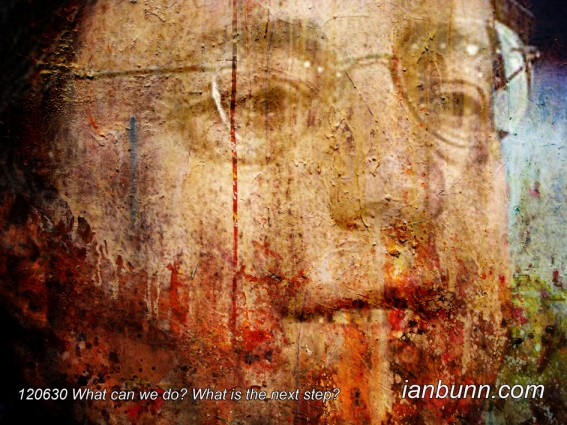 No right to profit but right to work is essential (March 2 2013)
No right to profit but right to work is essential (March 2 2013)
John J Studzinski the British American Banker and vice chair of Human Rights Watch, serving on many prestigious bodies councils and arts institutes has published an article in The Guardian titled ‘Germany is right: there is no right to profit, but the right to work is essential’ highlighting the strength of Germany lies in its medium-sized manufacturing firms, whose ethos includes being socially useful. Studzinski states “People talk too much about the economy and not enough about jobs. When economists, academics and bankers are allowed to lead the debate, the essential human element goes missing. This is neither healthy nor practical. Unemployment should be our prime concern. Spain, with youth joblessness close to 50%, is in the gravest crisis, but there is hardly a government on the planet that is not wondering what it can do to guide school-leavers into work, exploit the skills of older workers, and avoid the apathy and alienation of the jobless, which undermines not just the economy but also the social fabric. There may be no definitive answer but, over the past half-century, Germany has come closest to finding it. Its postwar economic miracle was impressive, but its more recent ability to ride out recessions and absorb the costs of reunification is, perhaps, even more remarkable. …Germany’s resilience springs from the strength of its medium-sized, often family-owned manufacturing companies, collectively known as the Mittelstand, which account for 60% of the workforce and 52% of Germany’s GDP. …There is no right to make a profit, and profit has no intrinsic value. But there is a right to work, and it is fundamental to human dignity. Without an opportunity to contribute with our hands or brains, we have no stake in society and our governments lack true legitimacy. There can be no more urgent challenge for our leaders. The title of the next G8 summit should be a four-letter word that everyone understands – jobs.”
Inspired by John Studzinski, The Guardian ow.ly/hMIcU Image source HRW ow.ly/hMIbg


